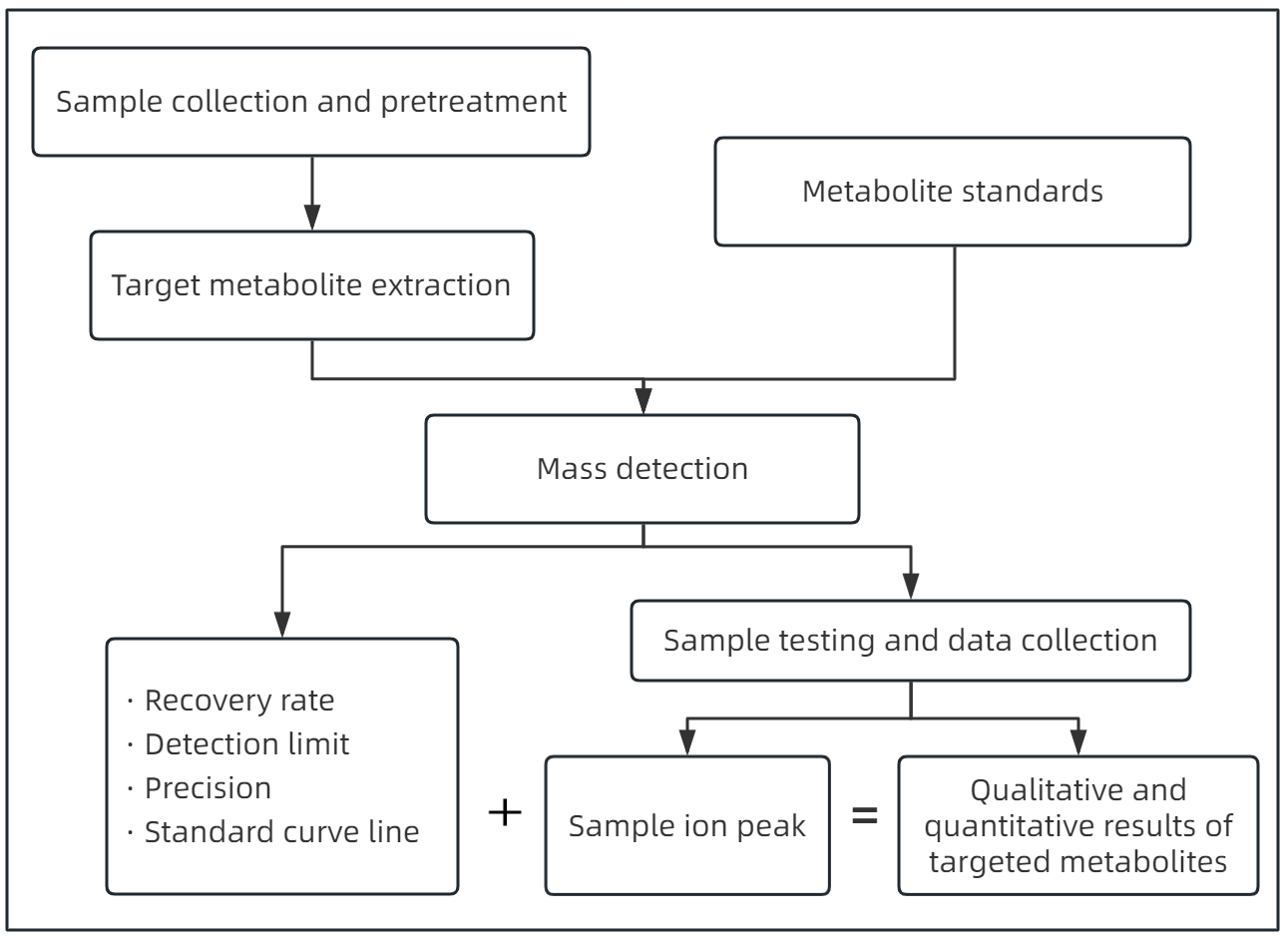Glutaric Acid Analysis Service
- Detect glutaric acid levels to diagnose and monitor GA1 and other metabolic disorders.
- Study the role of glutaric acid in amino acid and fatty acid metabolism, revealing its biological functions.
- Evaluate the metabolism and role of glutaric acid in drugs, supporting new drug development and optimization of therapeutic strategies.
- Detect glutaric acid content in chemical products to ensure product quality and optimize production processes.
Glutaric Acid is an important dicarboxylic acid widely found in various organisms. It plays a key role in metabolism, participating in multiple biochemical pathways, including the metabolism of amino acids and fatty acids. Abnormal levels of glutaric acid can be associated with several diseases, such as glutaric aciduria type I (GA1), a metabolic disorder that leads to the accumulation of toxic substances in the body and can cause severe neurological damage. Additionally, glutaric acid is widely used in the chemical industry for synthesizing various polymers and resins.

Figure 1. Molecular Structure of Glutaric Acid
Given the significance of glutaric acid in biomedicine and industry, accurate analysis and detection of glutaric acid levels are essential. MtoZ Biolabs offers professional Glutaric Acid Analysis Service, utilizing advanced ultra-high-performance liquid chromatography (UHPLC) and mass spectrometry (MS) technologies to provide clients with high-precision, high-sensitivity quantitative analysis, supporting scientific research and application development.
Analysis Workflow

Service Advantages
1. High Sensitivity
Detects very low concentrations of glutaric acid accurately.
2. High Specificity
Differentiates glutaric acid from other compounds using mass spectrometry.
3. Rapid Analysis
Efficient sample preparation and fast detection processes for high-throughput analysis.
4. High Accuracy
Strict quality control ensures accuracy and reproducibility.
5. Versatility
Capable of analyzing glutaric acid and its related metabolites.
Sample Submission Requirements
1. Sample Types
Serum, plasma, urine, tissue homogenates, and other biological samples.
2. Sample Volume
At least 200 μL of liquid sample or 200 mg of solid sample.
3. Sample Preservation
Store at -80°C to maintain stability.
Note: Provide details on sample collection and handling.
Applications
Deliverables
1. Experimental Procedures
2. Relevant Liquid Chromatography and Mass Spectrometry Parameters
3. Detailed Information on Glutaric Acid
4. Raw Data
5. Custom Analysis Report
Our Glutaric Acid Analysis Service provides high-quality data support, advancing your scientific research and applications. For any inquiries or requirements, please contact us.
How to order?







